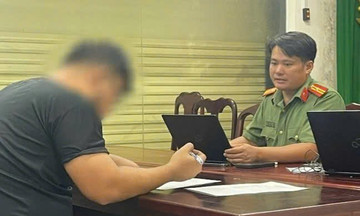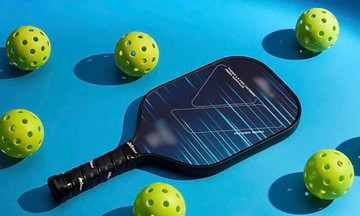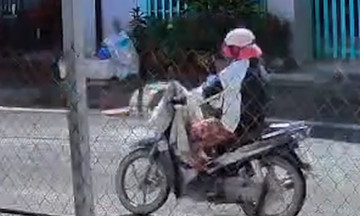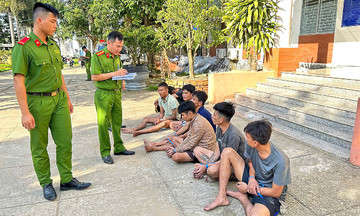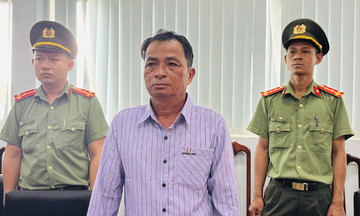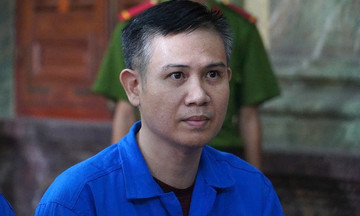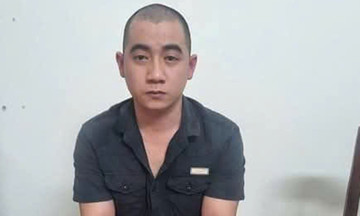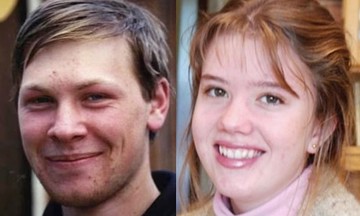Former Asanzo chairman Pham Van Tam's alleged orchestration of subordinates in a smuggling case has been detailed in an indictment recently completed by the Ho Chi Minh City People’s Procuracy. The case file has been transferred to the court for trial.
Tam and his brother, Nguyen Xuan Tinh, Asanzo's former general director, also face charges of tax evasion.
The indictment alleges that Sa Huynh company, directed by Truong Ngoc Liem, smuggled 1,300 glass ovens from China into Vietnam. On 5/9/2018, Sa Huynh filed an import declaration at Phuoc Long 3 ICD Port (TP HCM), falsely declaring the goods as separate components such as plastic lids, glass bowls, handles, and timers. However, an appraisal confirmed the shipment consisted of new, fully assemblable ovens. The valuation council assessed the shipment's value at over 414 million VND.
During the smuggling investigation, Liem (tried by the TP HCM People’s Court in February 2024) testified that Tam actually owned Sa Huynh, established to import goods for Asanzo. Investigators analyzed phone records, bank statements, and witness testimonies, revealing Tam and Liem's connection, Liem's evasion attempts, and Tam's financial support. Liem provided his wife, Ngo Thi Hien's, bank account to Tam for transfers.
Between July 2019 and May 2020, this account received monthly payments of 30 million VND, totaling 360 million VND, transferred by Asanzo employees under Tam's direction. Le Hai Duong, Asanzo's warranty manager, confirmed Tam advised Liem to "take a trip to avoid investigators; the company will cover the expenses." Nguyen Thi Hien (Tam's ex-wife and former Asanzo cashier) stated she gave 20-30 million VND monthly to an employee for deposit into an account provided by Tam, unaware of its purpose or anyone named Ngo Thi Hien.
Police also obtained a written commitment from Liem, dated 19/8/2021, asserting Sa Huynh's non-involvement with Asanzo between 11/7/2018 and 6/11/2018, which was submitted to Tam. Tam, however, claimed Liem was a former employee and admitted the phone number used for their communication was registered to Asanzo from 2003 until the investigation. He acknowledged briefly using the number for WhatsApp but denied current usage.
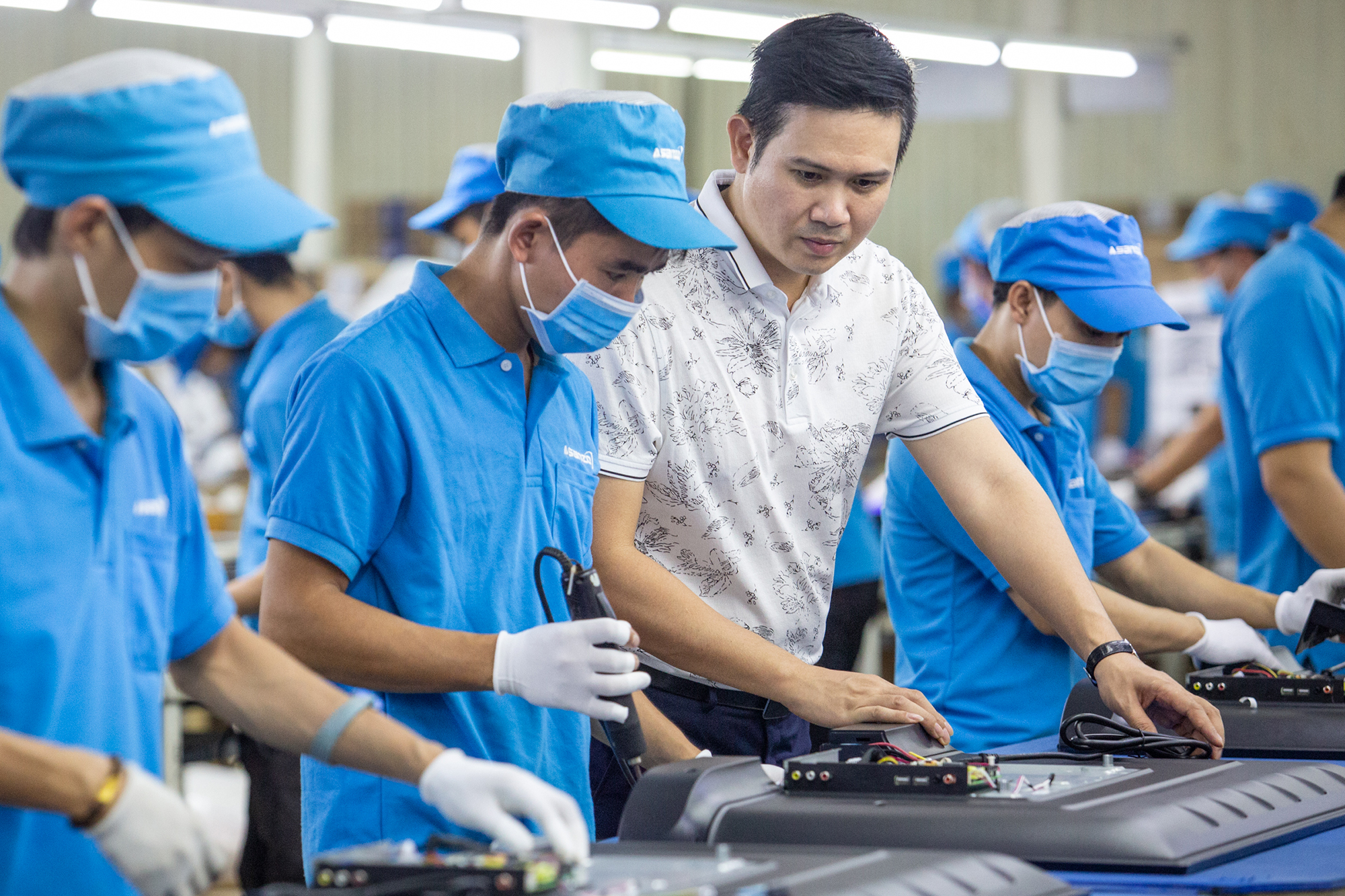 |
Pham Van Tam in a television assembly plant in Binh Tan District, TP HCM, in 2018. Photo: Thanh Nguyen. |
Tam claimed he learned about Sa Huynh's improper oven imports through the media and contacted Liem out of concern for Asanzo. He denied urging Liem to flee and explained the payments to Ngo Thi Hien as assistance for a former employee facing financial hardship after a brief stint at Asanzo's Binh Tan factory. He insisted this support was unrelated to Liem or Sa Huynh. Despite Tam's denials, the indictment asserts sufficient evidence to prove his role in organizing and directing the smuggling operation.
Asanzo, initially registered in 2016 with Tam as director and legal representative, later saw Tinh assume the director role in 2017 while Tam became chairman, overseeing all operations. A tax inspection from August to October 2019 revealed Asanzo purchased components from Tran Thoan Company and outsourced assembly to VTB Company.
Asanzo assembled finished air conditioners, applied Asanzo labels and packaging, and sold them to Dien Lanh Asanzo Company without issuing invoices or declaring taxes. They omitted sales revenue from records and used illegal VAT invoices for input accounting and tax declarations. Tran Thoan Company directly invoiced Dien Lanh Asanzo Company for the finished goods. The tax assessment determined Asanzo evaded over 15.7 billion VND in taxes from 2017 to the second quarter of 2019, including over 4.1 billion VND in VAT and over 11.5 billion VND in excise tax. The tax authorities transferred the case to the TP HCM police on 30/10/2019. Asanzo paid 15.8 billion VND in restitution on 24/3/2020.
The indictment omits the brothers' statements regarding the tax evasion. In October 2019, Tam told VnExpress that Asanzo did not evade taxes, attributing discrepancies to unfamiliarity with regulations. He claimed the excise tax was the responsibility of the air conditioner seller and attributed rejected VAT invoices to suppliers' deactivated tax codes, considering it a business risk.
Quoc Thang



